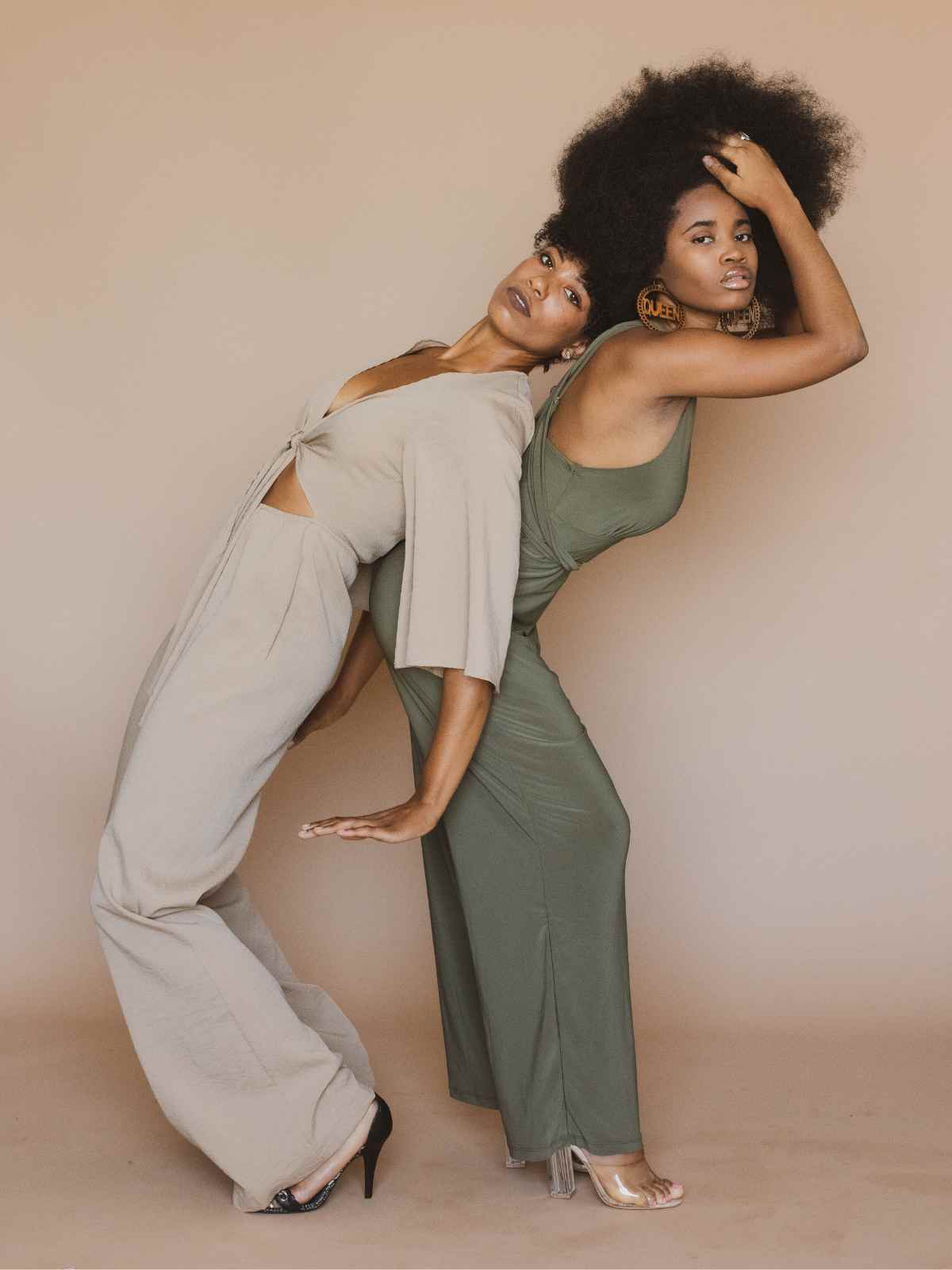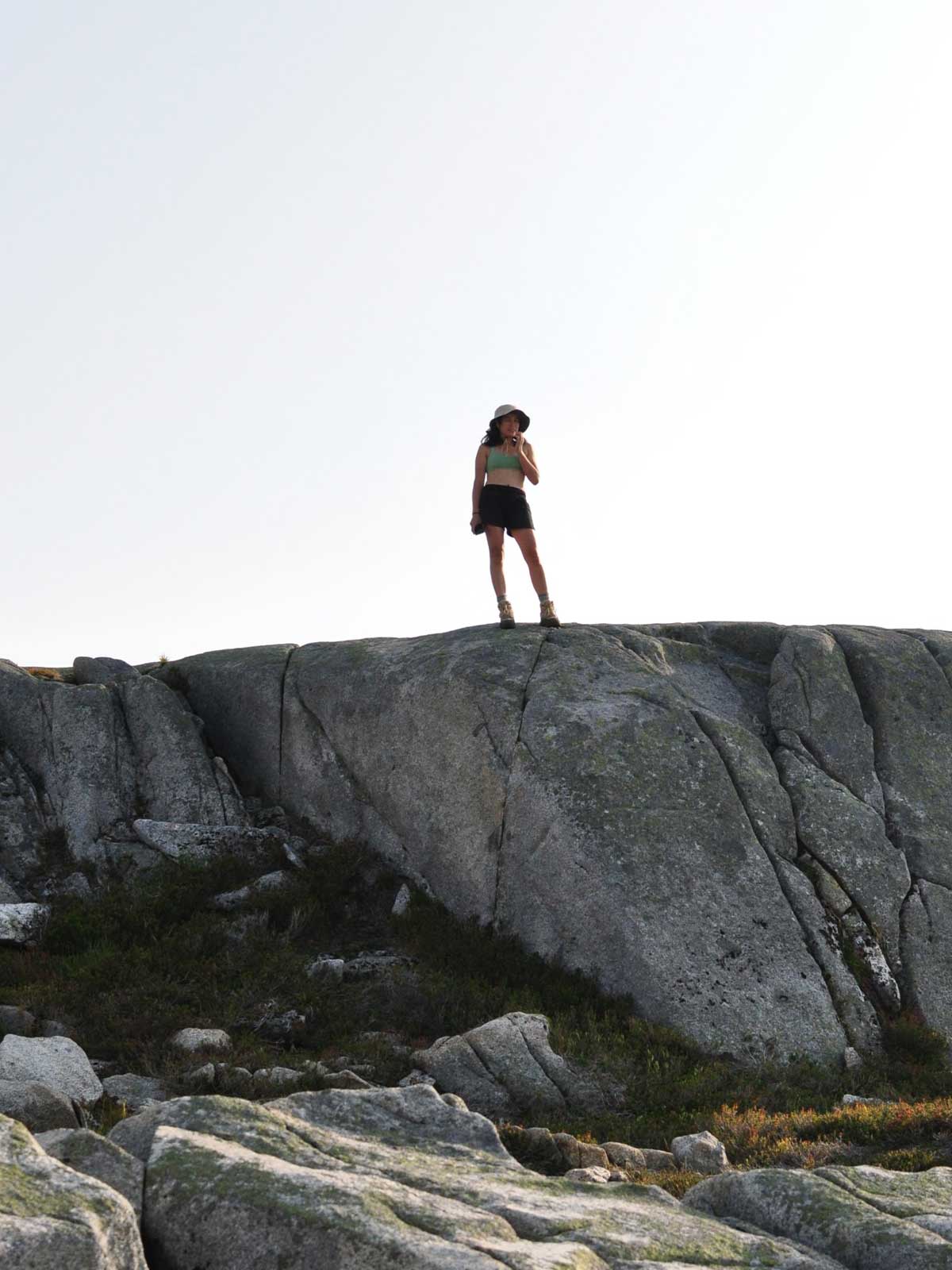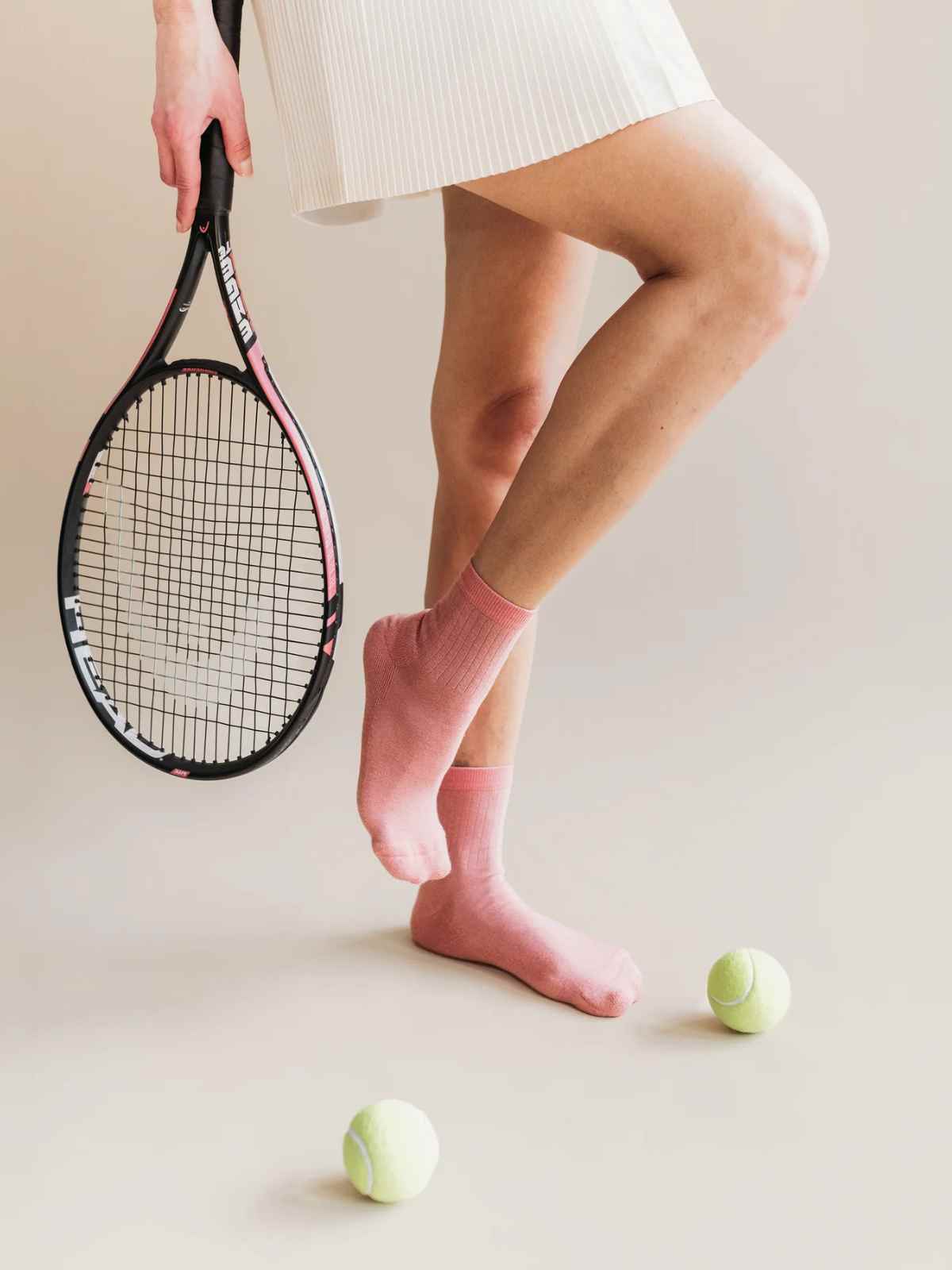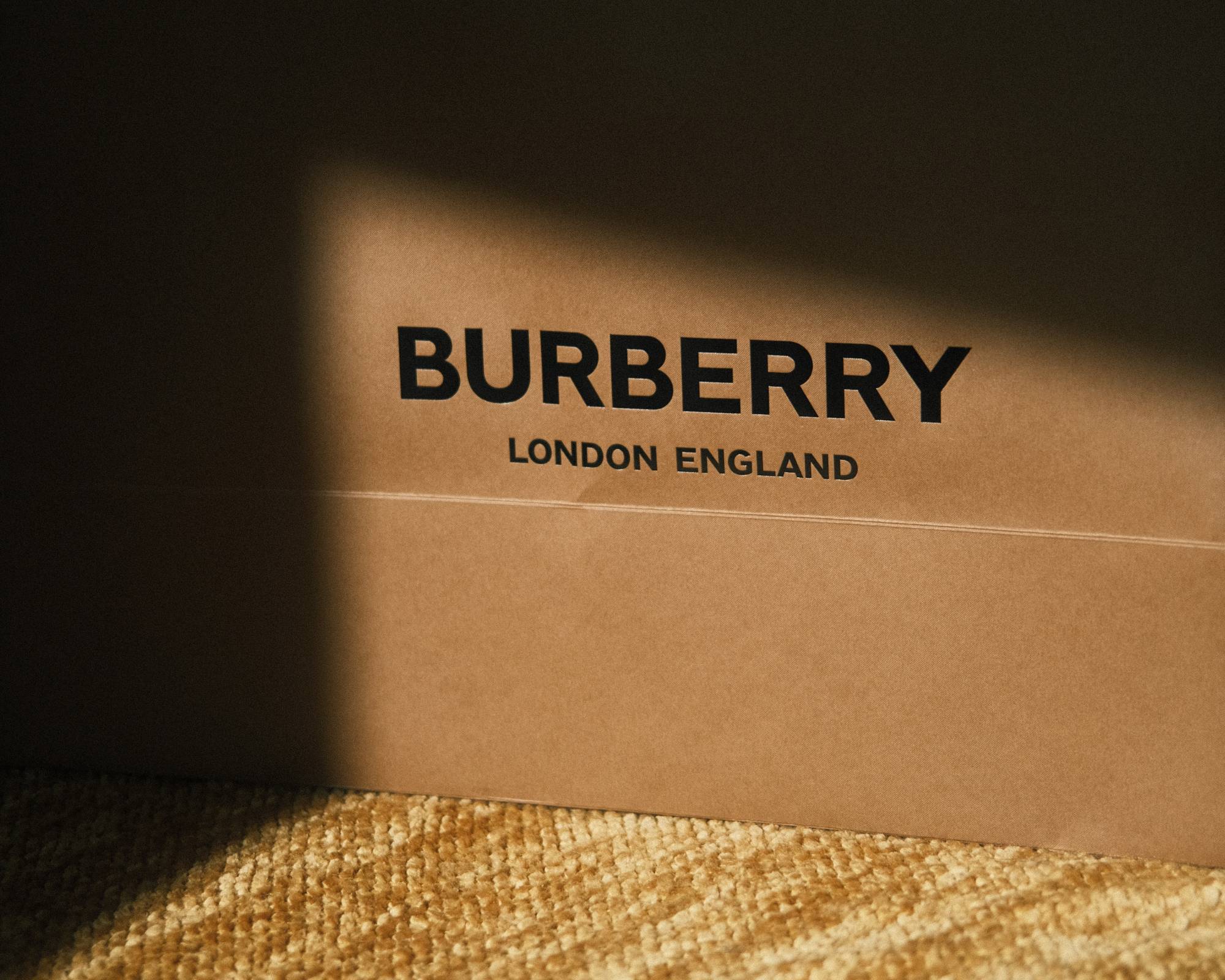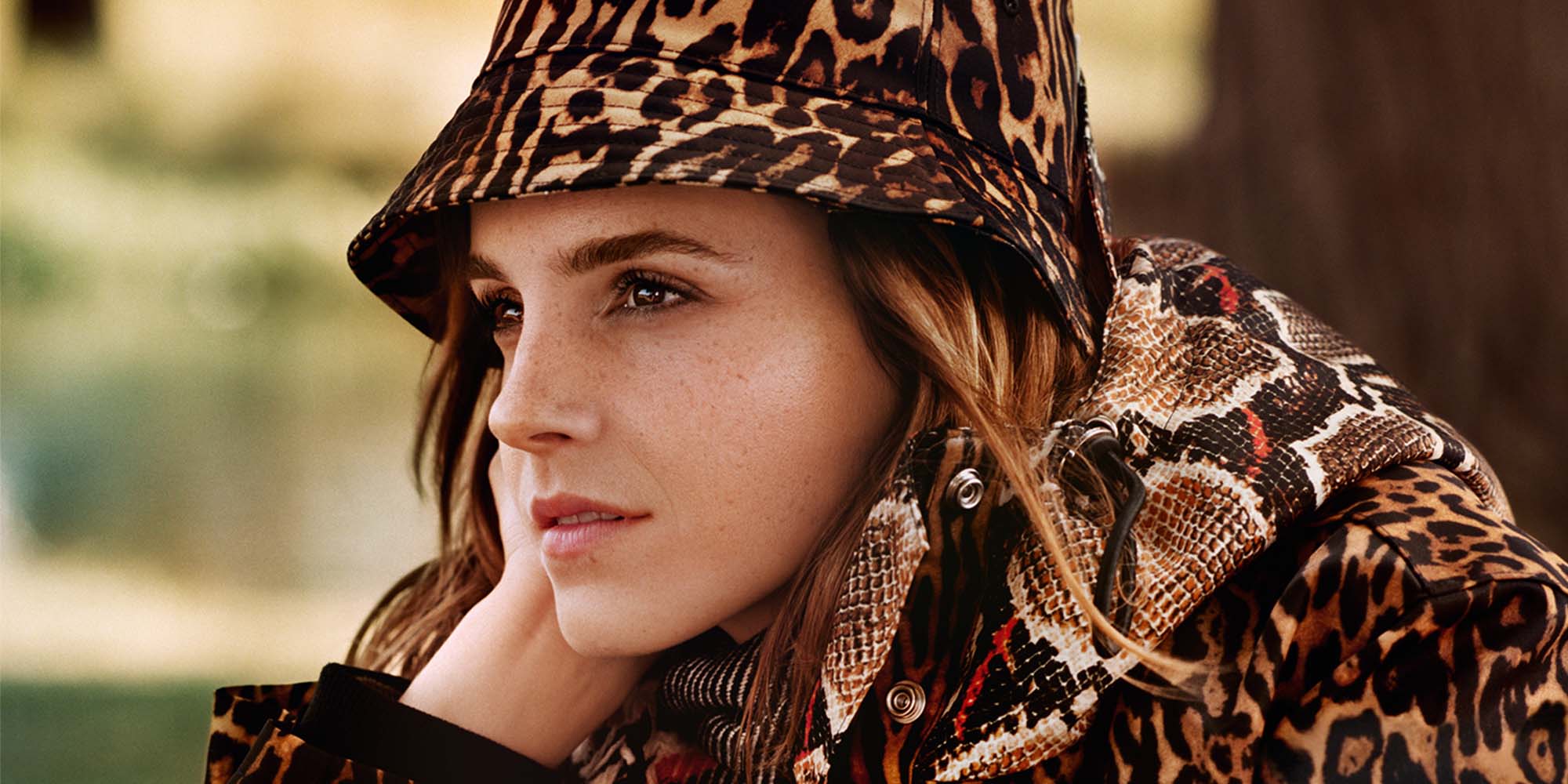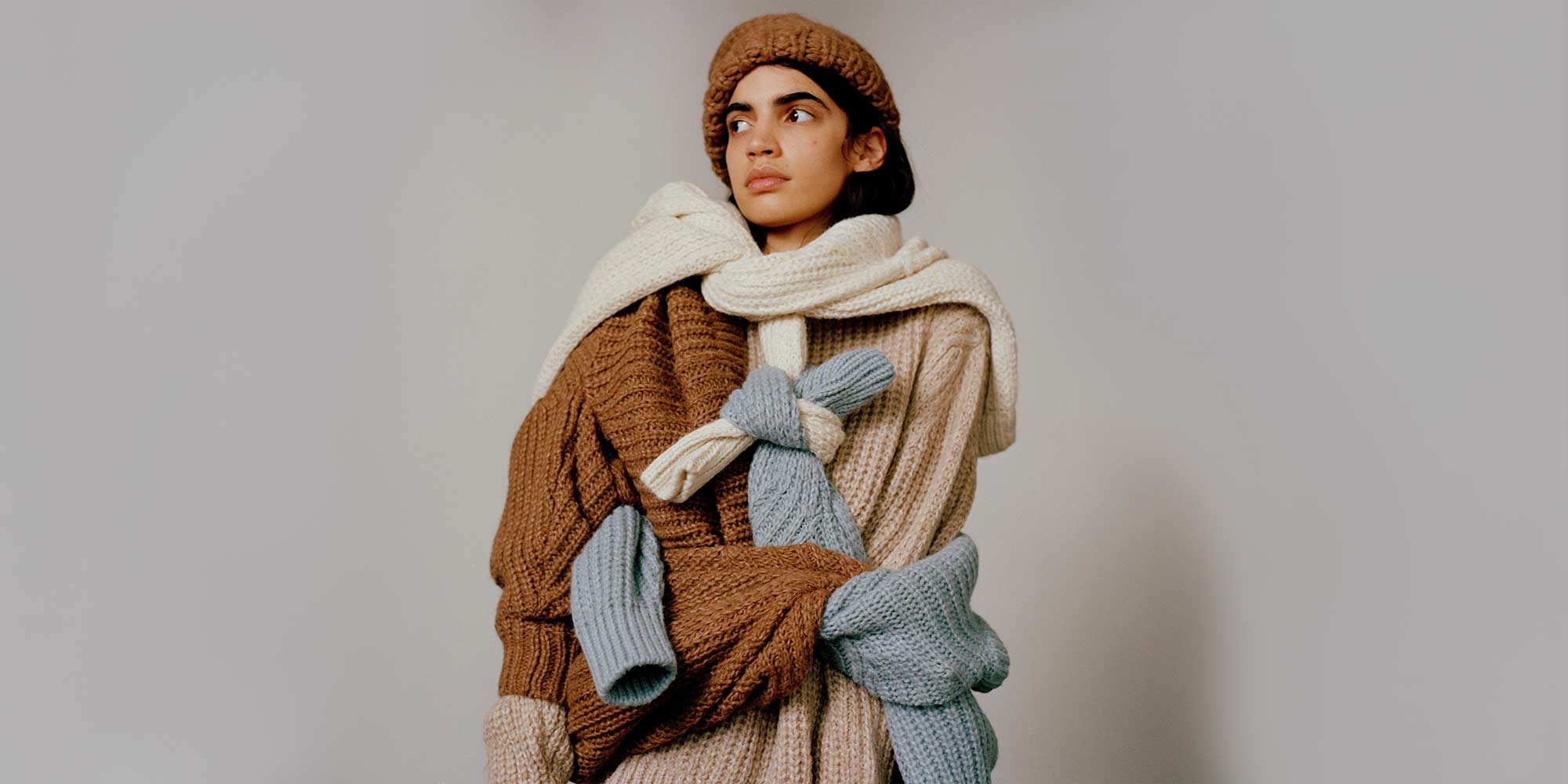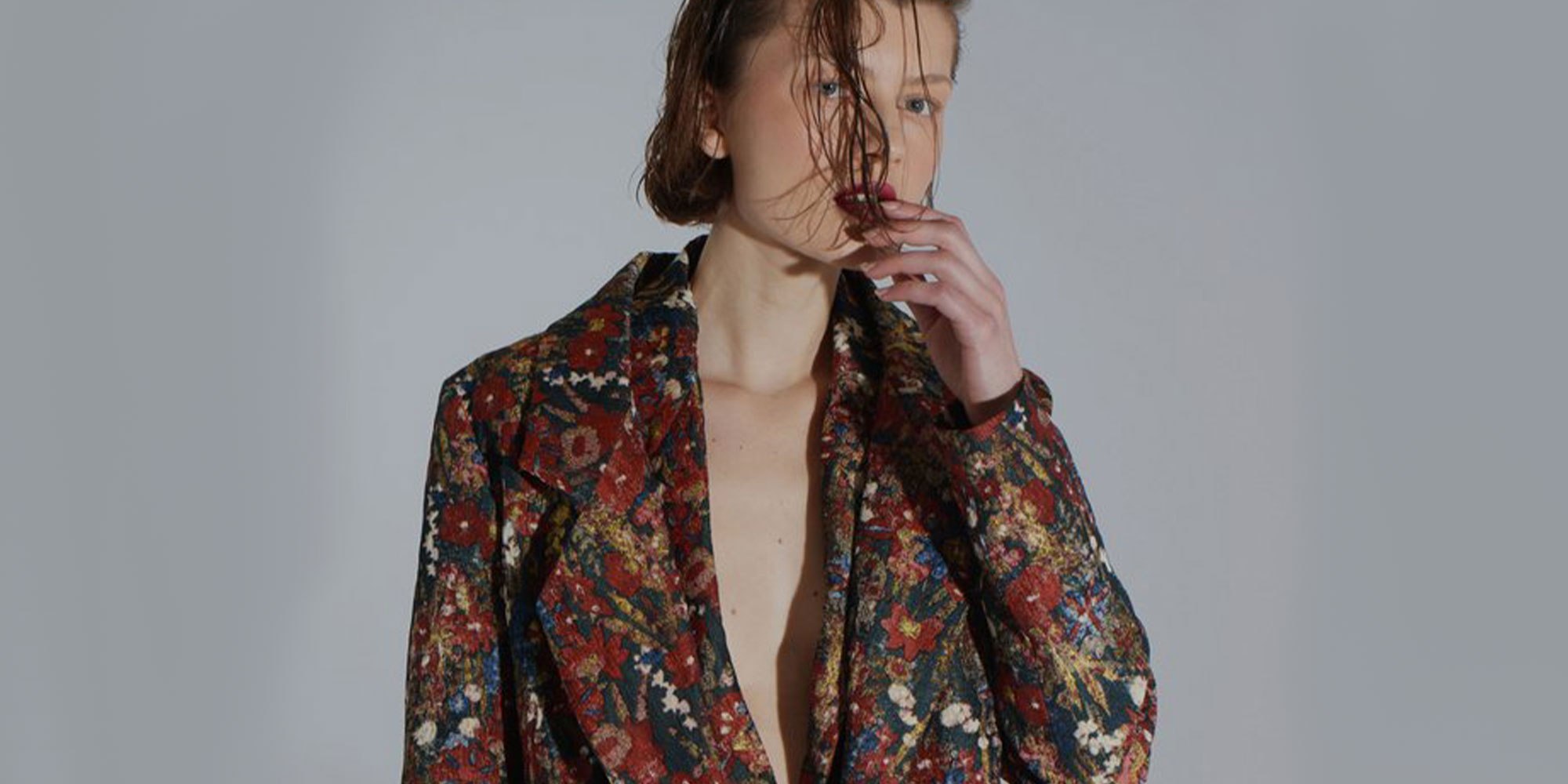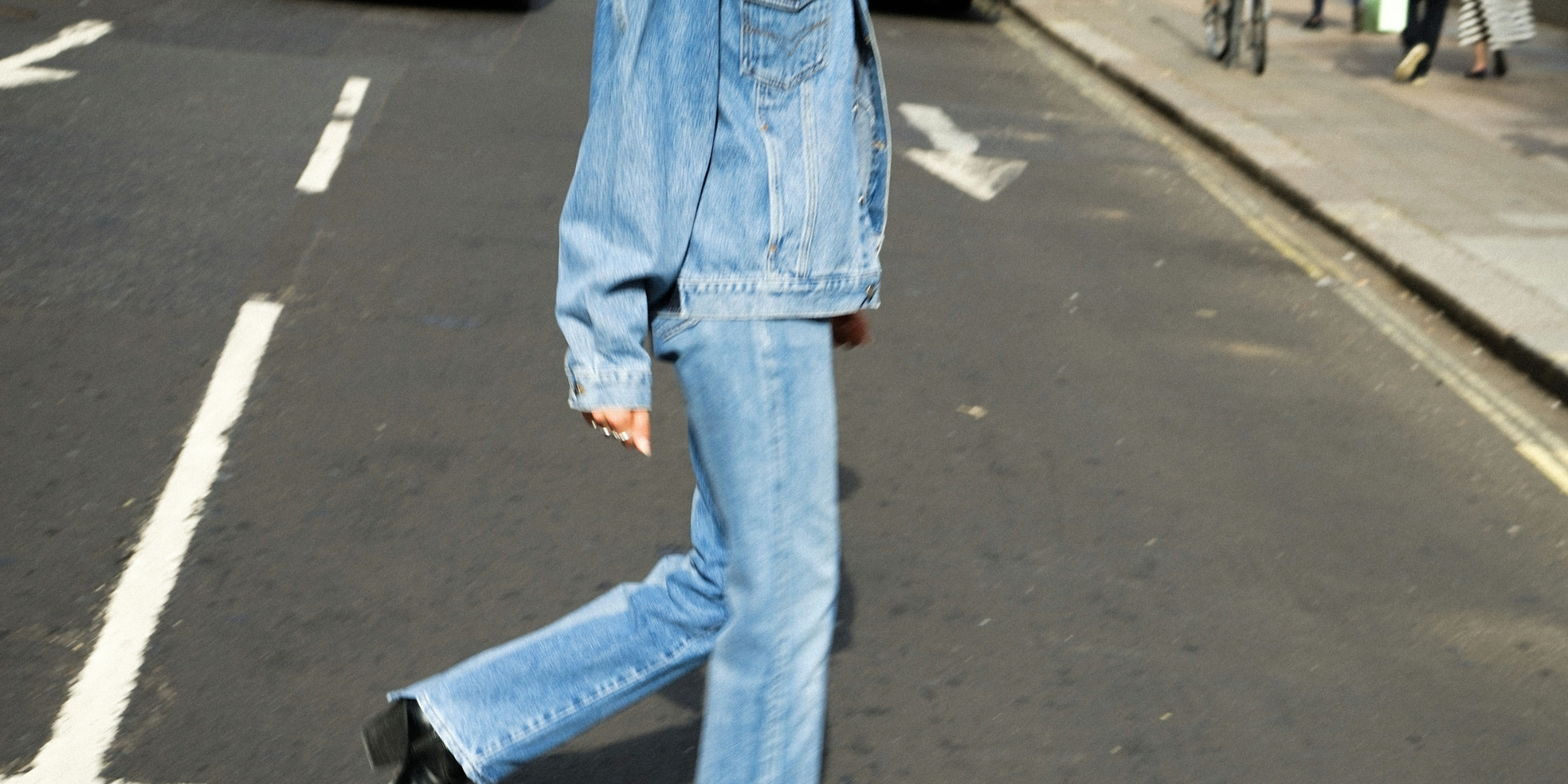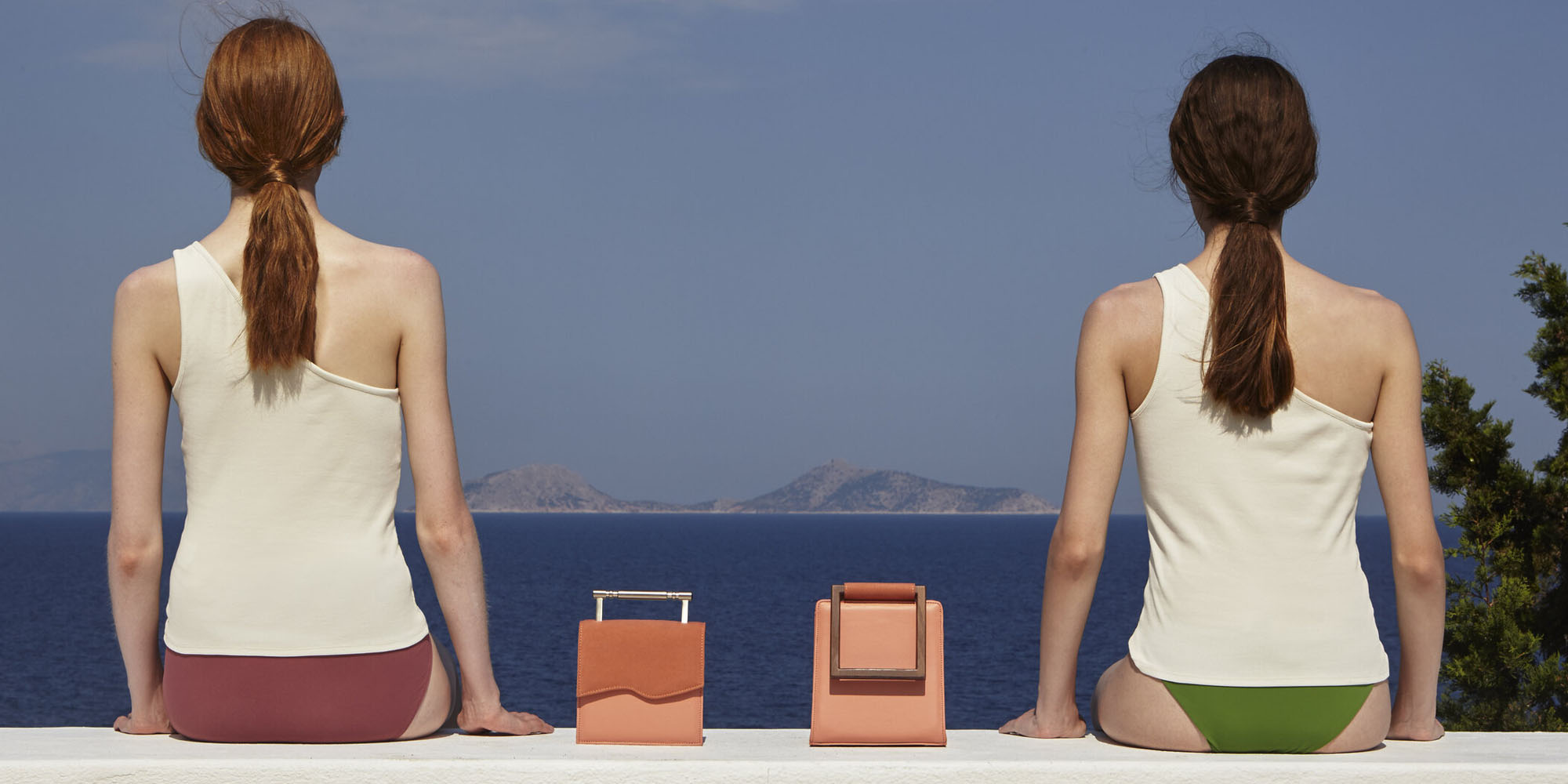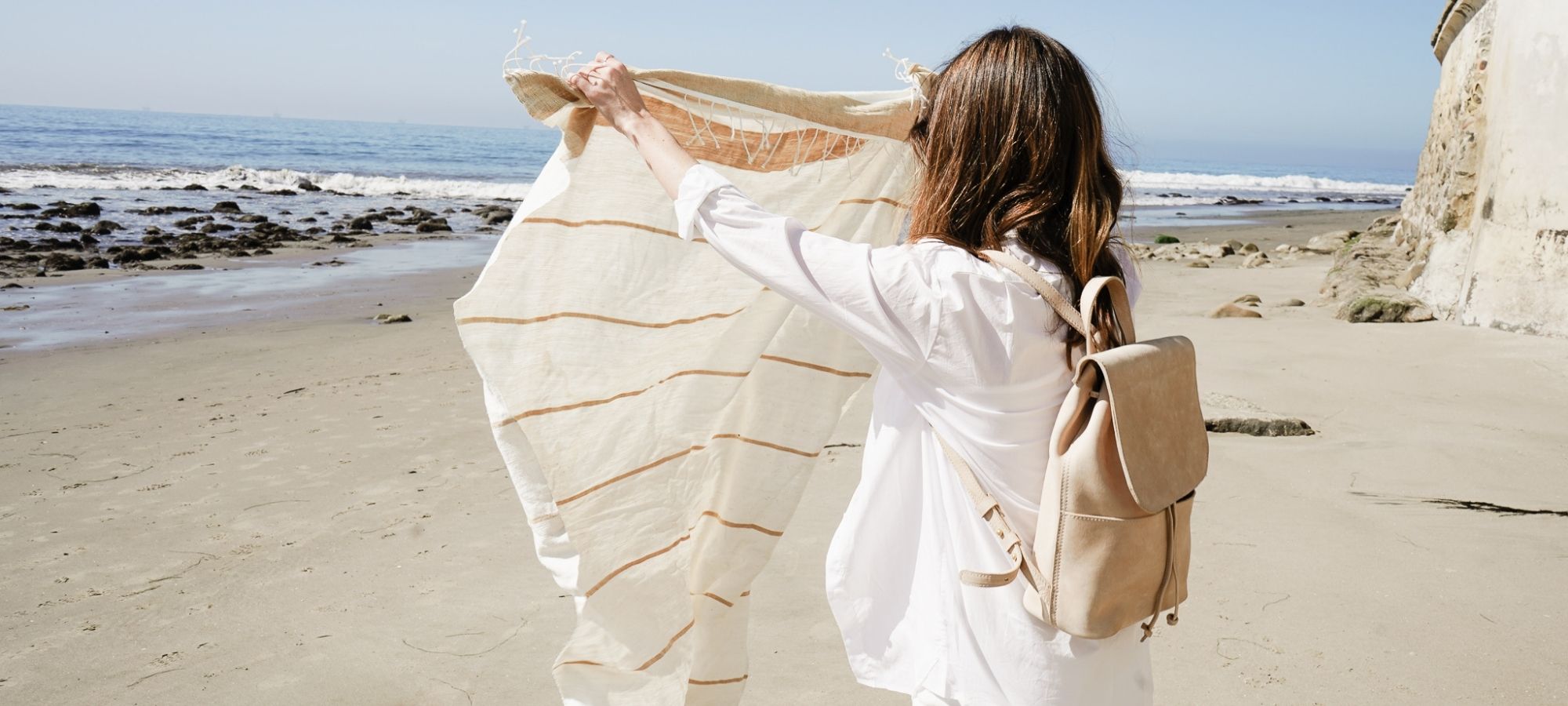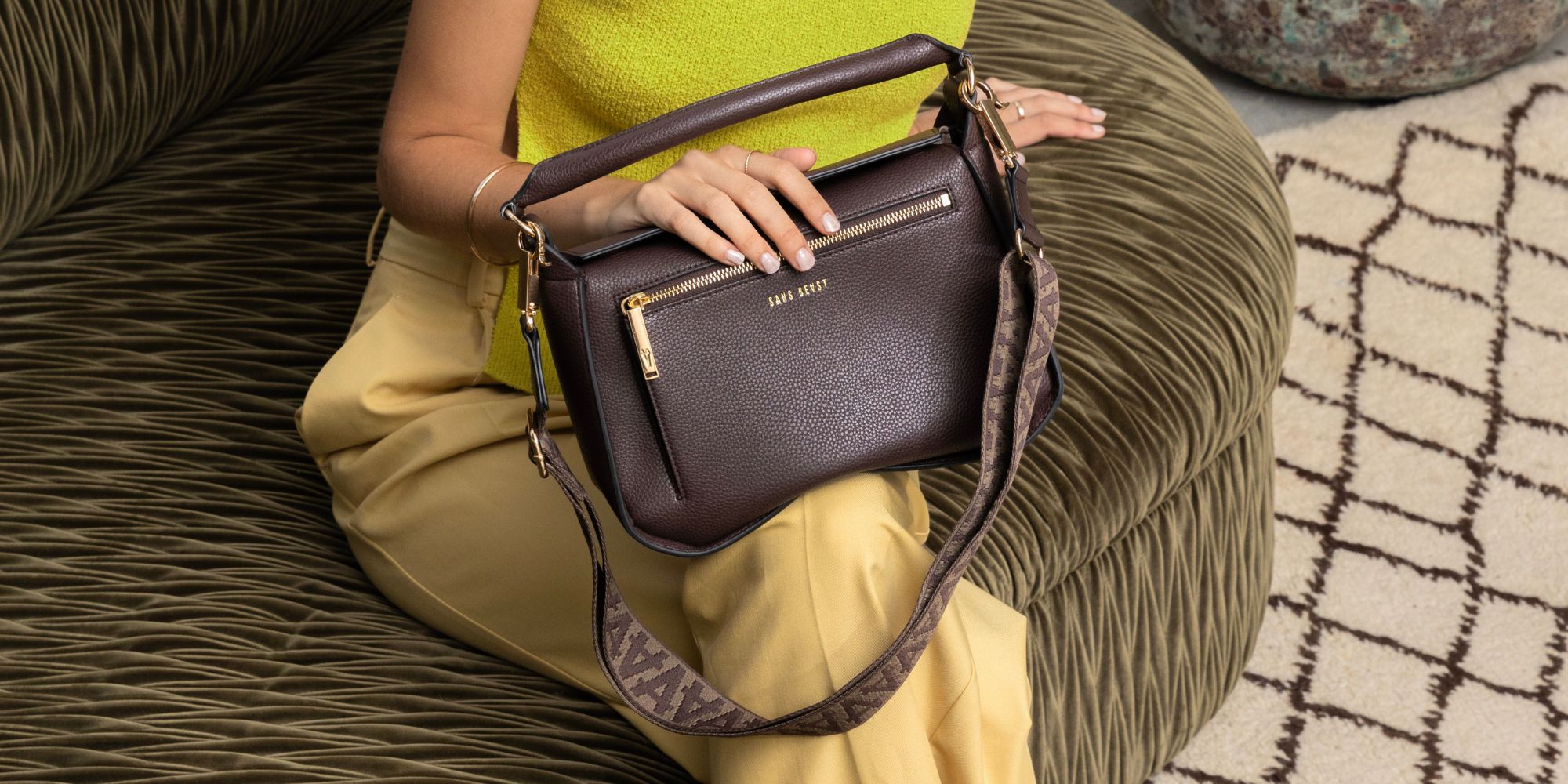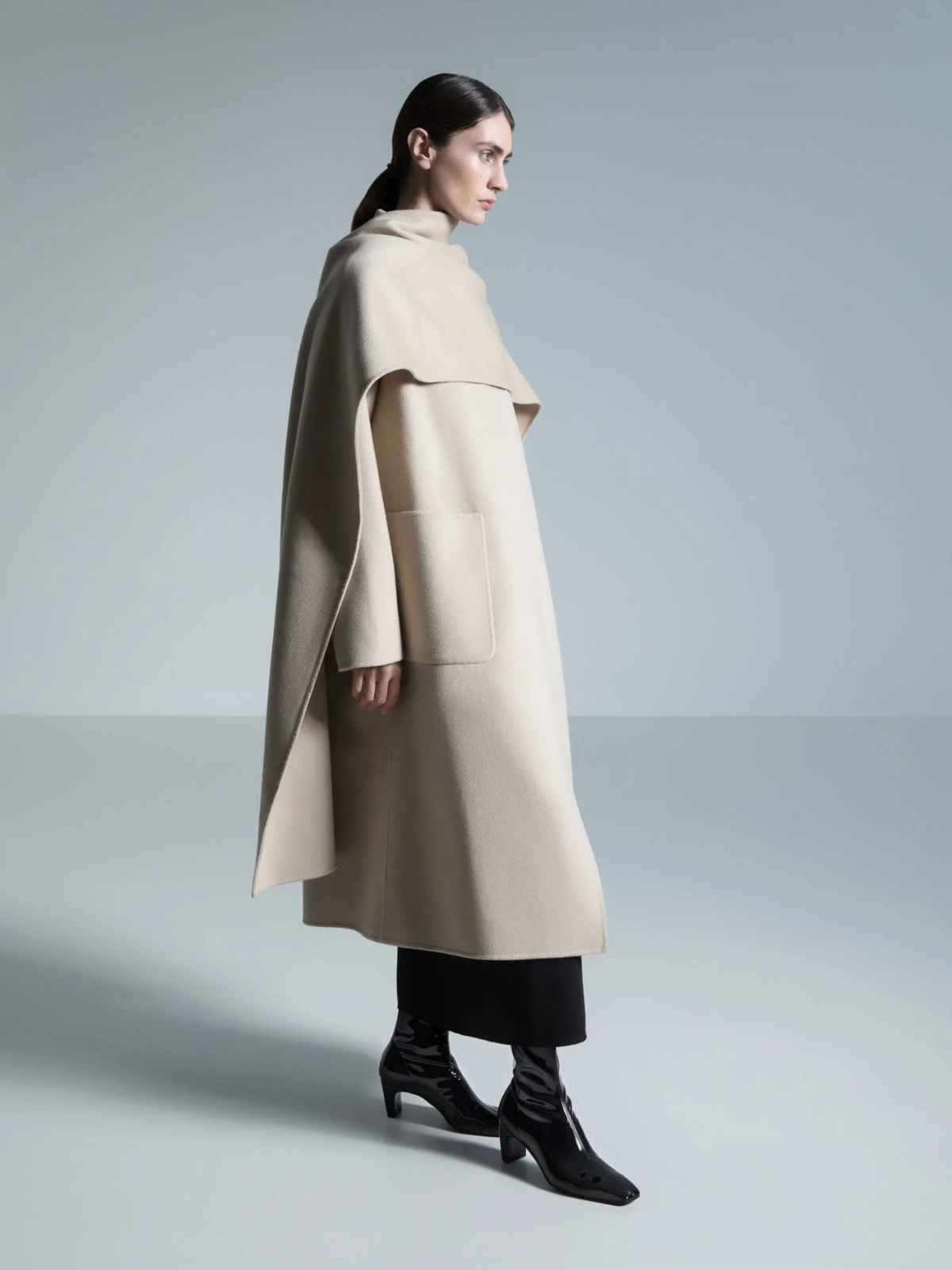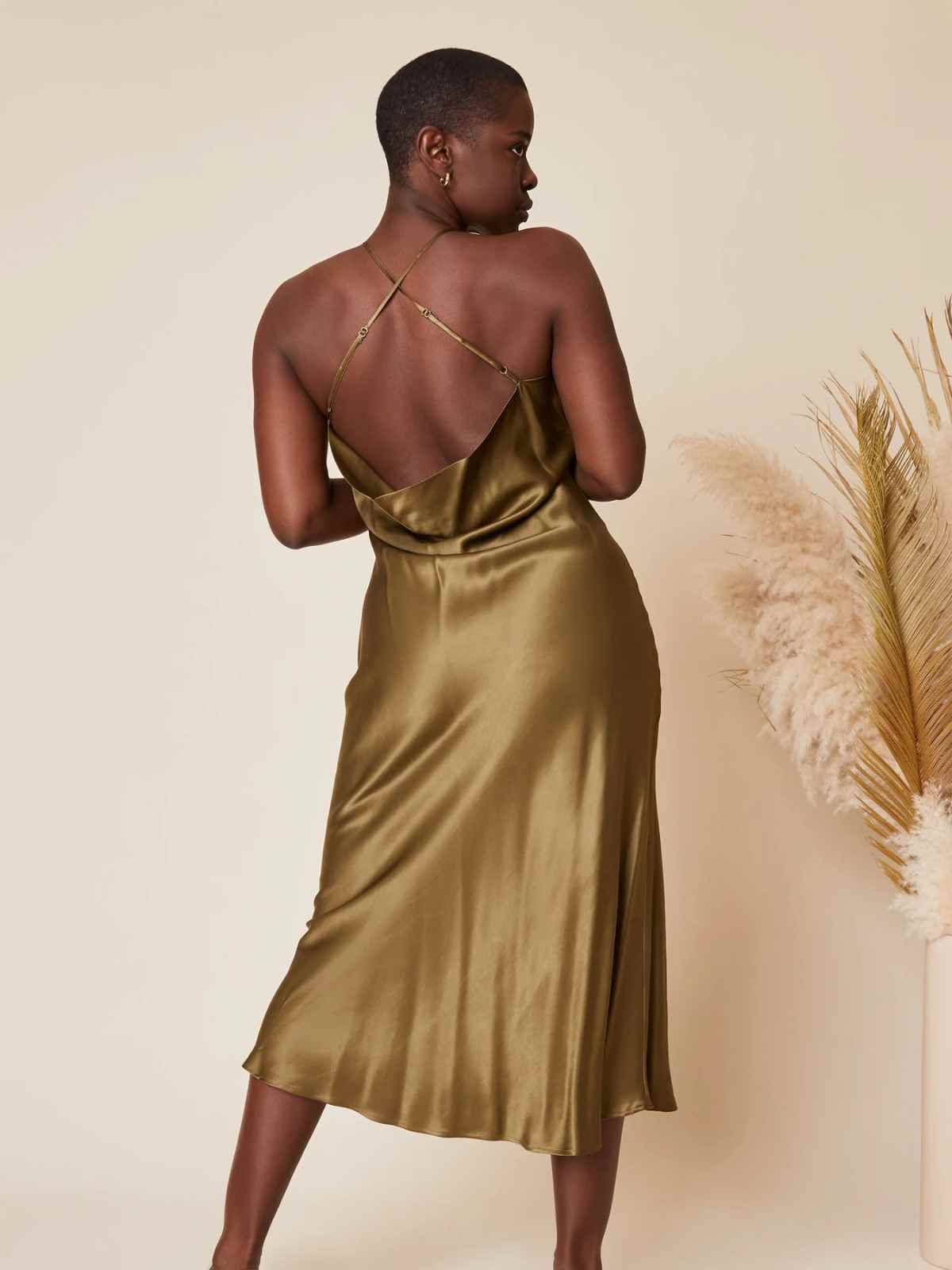Our editors curate highly rated brands that are first assessed by our rigorous ratings system. Buying through our links may earn us a commission—supporting the work we do. Learn more.
Burberry is known for its timeless style and iconic trench coats, but how is the brand impacting people, the planet, and animals? How ethical is Burberry? Let’s have a look at what’s behind the brand’s “It’s a Start” rating. This article is based on the Burberry rating published in March 2023 and may not reflect claims the brand has made since then. Our ratings analysts are constantly rerating the thousands of brands you can check on our directory.
Behind the iconic trench: how ethical is Burberry?
Established in 1856, Burberry is a British luxury fashion powerhouse known for its timeless styles and unmistakable check pattern.
Burberry’s iconic trench coats—worn by everyone from royals to celebrities and bankers in the city—exude timeless elegance. But the brand’s ethics haven’t always been as polished and refined. In July 2018, Burberry provoked a storm of criticism when it was revealed the brand had burned unsold stock worth millions of dollars. The brand has since stopped destroying unsaleable products and has implemented a strategy to reduce waste.
With Daniel Lee in as the new chief creative officer and the brand solidly in the spotlight, it seemed time to take a closer look at the brand’s ethical practices. How is Burberry managing its impacts on people, the planet, and animals across its supply chain? In short, how ethical is Burberry? Let’s see what the rating has to say.
Environmental impact
Our planet rating evaluates brands based on the environmental policies in their supply chains, from carbon emissions and wastewater to business models and product circularity. Here, we rate Burberry “Good”.
The brand uses some lower-impact materials including organic cotton, produces long lasting products, and reuses some of its textile offcuts to minimise waste.
It’s also set a science based target to reduce greenhouse gas emissions in both its direct operations and supply chain, and claims it’s on track. While it also has a target to eliminate hazardous chemicals by 2025, it doesn’t appear to be on track.
It’s also worth noting that after the burned stock scandal, the brand announced that it would “stop the practice of destroying unsaleable products”.
This commitment is said to build on the goals that Burberry set in 2017 as part of its five-year responsibility agenda. Its new strategy aims at tackling the causes of the waste. In May 2018, Burberry became a core partner of the Make Fashion Circular Initiative convened by the Ellen MacArthur Foundation. It has also partnered with responsible luxury brand Elvis & Kresse to transform 120 tonnes of leather waste into new products.
In 2020, the brand also launched its ReBurberry Fabric initiatives in partnership with the British Fashion Council, with the goal to promote a circular economy by donating surplus fabrics to fashion students, allowing materials to be upcycled, saving them from going to waste.
Labour conditions
Burberry received a “Not Good Enough” rating in the people category, in which we evaluate brands’ policies and practices related to workers’ rights. There are a few issues influencing its score, including the fact that none of its supply chain is certified by crucial labour standards that help ensure worker health and safety, living wages, and other rights. There’s also no evidence it supports diversity and inclusion in its supply chain.
The brand received a score of 31-40% in the 2022 Fashion Transparency Index. And while it claims to have a program to improve wages, we found no evidence it ensures its workers are paid living wages in most of its supply chain.
On a positive note, Burberry did disclose satisfactory policies to protect workers in its supply chain during the peak of the COVID-19 pandemic.
But let’s be clear: no brand can truly be more sustainable and more responsible if it doesn’t treat and pay its workers fairly. Burberry needs to do better.
Animal welfare
Burberry also rated “Not Good Enough” for its impact on animals.
The brand has a fairly strong formal policy aligned with the Five Domains of animal welfare and it doesn’t use fur, angora, or exotic animal skin. However, it uses down (certified by the Responsible Down Standard), leather, wool, shearling, exotic animal hair, and silk, tracing some of these animal-derived materials to the first production stage. Luxury brands are notorious for animal welfare issues, and many of them need to come into the 21st century and switch to cruelty-free fabrics to stay relevant with conscious consumers.
Overall impact
Based on our research and publicly available information, we rate Burberry “It’s a Start”.
The brand has a mixed track record: while it does use more responsible materials, it must intensify its efforts to minimise its impact on people and animals. The brand should start by reducing its use of animal-derived materials, making sure its workers are treated fairly and are paid a living wage.
Note that Good On You ratings consider hundreds of issues, and it is not possible to list every relevant issue in a summary of the brand’s performance. For more information, see our How We Rate page and our FAQs.
Burberry may create timeless luxury classics, but it’s not quite there yet in terms of more sustainable practices. As a consumer, you can make a difference by taking care of what you own, reducing what you buy, shopping second hand, and choosing to support brands that are doing better than Burberry.
If you’re interested in more sustainable alternatives to Burberry, we recommend checking out second hand options first. And if you want to buy new, check out the brands below.
Good swaps
“Good” and “Great” alternatives to Burberry.

